All we ses is please we’ve come a-Thomasing,
remember St. Thomas’ dayTraditional rhyme
In contemporary life, our modern technology & conveniences often insulate us from an essential fact of being human: our web of inter-dependence on each other. The veneers that now tend to exist between our own household’s needs and the provisions for them…the layers of mediation in our supply chains, our cultural tendency toward siloed living1: these all create an illusion that we are independent. That the life of our neighbor somehow doesn’t affect our own wellbeing, and vice versa.
In our more agrarian past, when folks used to literally rely upon their neighbors for survival2, this inter-dependence was more obvious because it was so tangible. Now that we’re removed from that sort of immediacy, we’re forgetful that our neighbor’s welfare is an impactful piece of our own lives. And that our own family’s struggles and joys impact our neighbors, too.
This is a dynamic that our cultural norms resist, but our faith tradition calls us to embody:
And the King will answer them, ‘Truly, I say to you, as you did it to one of the least of these my brothers, you did it to me.’
Matthew 25:40 (ESV)
Thomasmas celebrations from rural communities of yesteryear offer us a mirror that can help us to see our own modern seclusion in a new light - to reveal to us the depth of inter-dependence that truly undergirds our whole way of life, though we don’t seem to realize it much of the time.
Thomasing our neighborhood
A common refrain in my own household & in our circles this time of year is how incredibly dark it gets, and how early we lose light. Especially with the Pacific Northwest’s proclivity for low-hanging gray clouds, it sometimes feels like we don’t see the sun hardly at all as we approach the winter solstice (Thomasmas) and Christmas!
This is our refrain…and yet, we can turn on miraculous electric lights with the flip of a switch (insulating us from the seasonal default of darkness) and turn on the furnace (insulating us from the seasonal default of cold - and though we like to heat our house with our wood stove this time of year, running out of wood or letting the fire go out doesn’t mean that we won’t have heat, fortunately).
I can’t even begin to imagine how these defaults of darkness and cold truly felt not that long ago, as our forebears approached the longest night of the year, or how they feel for those who don’t have the privileges of comfort that we enjoy.3 Especially for those less fortunate, the idea of Advent preparations for a Christmas feast must have been a visceral, desperate hope.
The Adventide feast of Thomasmas, though, brought with it a pattern of provision for rural communities, and in particular, for women & children: those in need would go a-Thomasing (also called Gooding, Mumping, etc.)…going door-to-door in their neighborhoods to beg for supplies for Christmas. Thomasers received bread, alms, ale, cakes, candles, and more - and they often enjoyed a warm beverage, too:
“Then all the old (and many of the young) women parade through the village, and call at all the substantial houses. The village shop perhaps gives them a candle apiece; one farmer gives each family a stone of flour; another a piece of meat; yet a third brews a quantity of hot elder-wine, and each woman has a glass and a piece of plum-cake.”
The Antiquary: A Magazine Devoted to the Study of the Past, Vol. XIV, July - Dec, 1886
In gratitude, the begging Thomasers would offer their neighboring hosts a sprig of holly or mistletoe:
“In return for the alms bestowed during these ‘gooding’ peregrinations, it was customary for the recipients, in former times, to present to their benefactors a sprig of holly or mistletoe. A liberal dole was distributed at the ‘great house,’ or the mansion of the principal proprietor in the parish; and at the kitchens of all the squires and farmers’ houses, tankards of spiced-ale were kept for the special refection of the red-cloaked old wives who made in procession these foraging excursions on St. Thomas’s Day.”
Robert Chambers, Book of Days4
Preceding Christmas by just a few days, and coinciding with the winter solstice, Thomasmas was a time of Advent preparation set aside to focus on the needs of the community’s women, especially in the context of the upcoming Christmastide festivities.
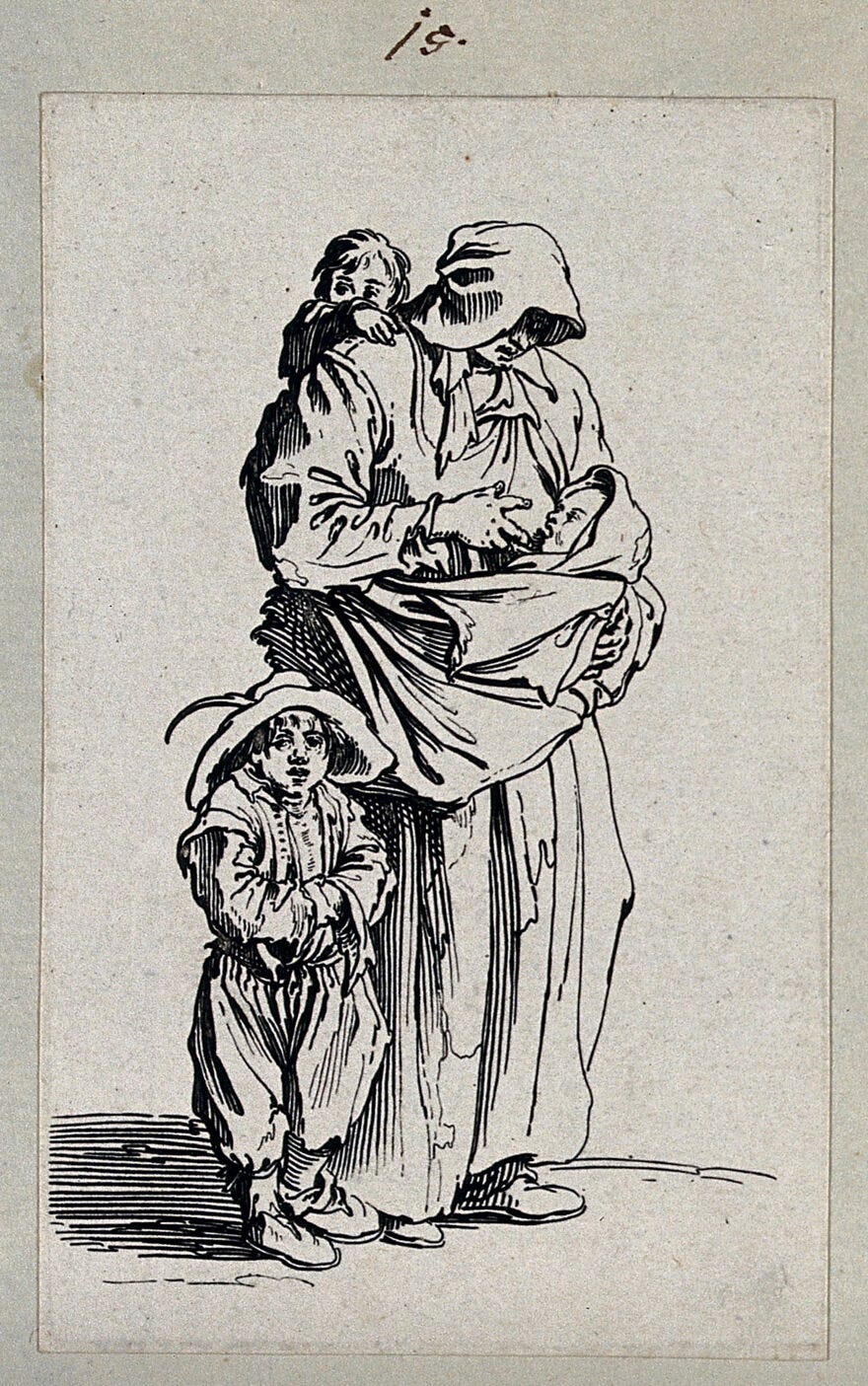
The need for bread at Christmas was met by a whole chain of support within the community ‘ecosystem’ - farmers would donate grain to the miller, who would in turn grind the grain to flour and donate it to the poor.
“It is clear that these gooding or Thomasing customs could only work in a relatively small close-knit community, where everybody knew each other and understood the local informal rules by which the tradition operated. As rural communities began to change dramatically in the second half of the nineteenth century, many local charities fell by the wayside, or changed as the givers strove to keep a degree of control over what was given, and who should receive it.”
Steve Roud, The English Year
All this makes me wonder…in our modern context, how can we effectively be a link in the chain of support, especially at Christmas - a time of profound need and complex tenderness for many?
And how can we hone that further, paying careful attention to the women and children in our area who are in need? I’ve mentioned this before, but it bears repeating - these are considerations we should all strive for daily. But, we’re limited, fallible creatures, and we need reminders. This makes Thomasmas even more beautiful to me: it was a time set aside both by the Church and by whole communities to be especially mindful of fostering a hospitable spirit as Christmas approached.
Thomasing is an invitation to not just engage with Advent as a means of preparing ourselves for the coming of Christ - it challenges us to expand that notion even further, preparing not just our own hearts and homes, but to do what we can to prepare the hearts & homes of others.
Though there’s so much we can’t control in our own Advent, much less that of others, I wonder if we can find some ways we can make our Advent experience more focused on community rather than on our own personal experience. Now, I do believe that our personal internal & external ways of preparing for Christmas have profound ripples in our community as a whole…but it’s very easy to become so drawn to contemplation, so spellbound by curating our own Advent experience, that we lose sight of the struggles of our neighbors’ Christmas preparations.
Whether they even celebrate Advent/Christmas or not, we can find ways to bring Thomasing to them in the form of tangible blessings that help to soften their needs this time of year.
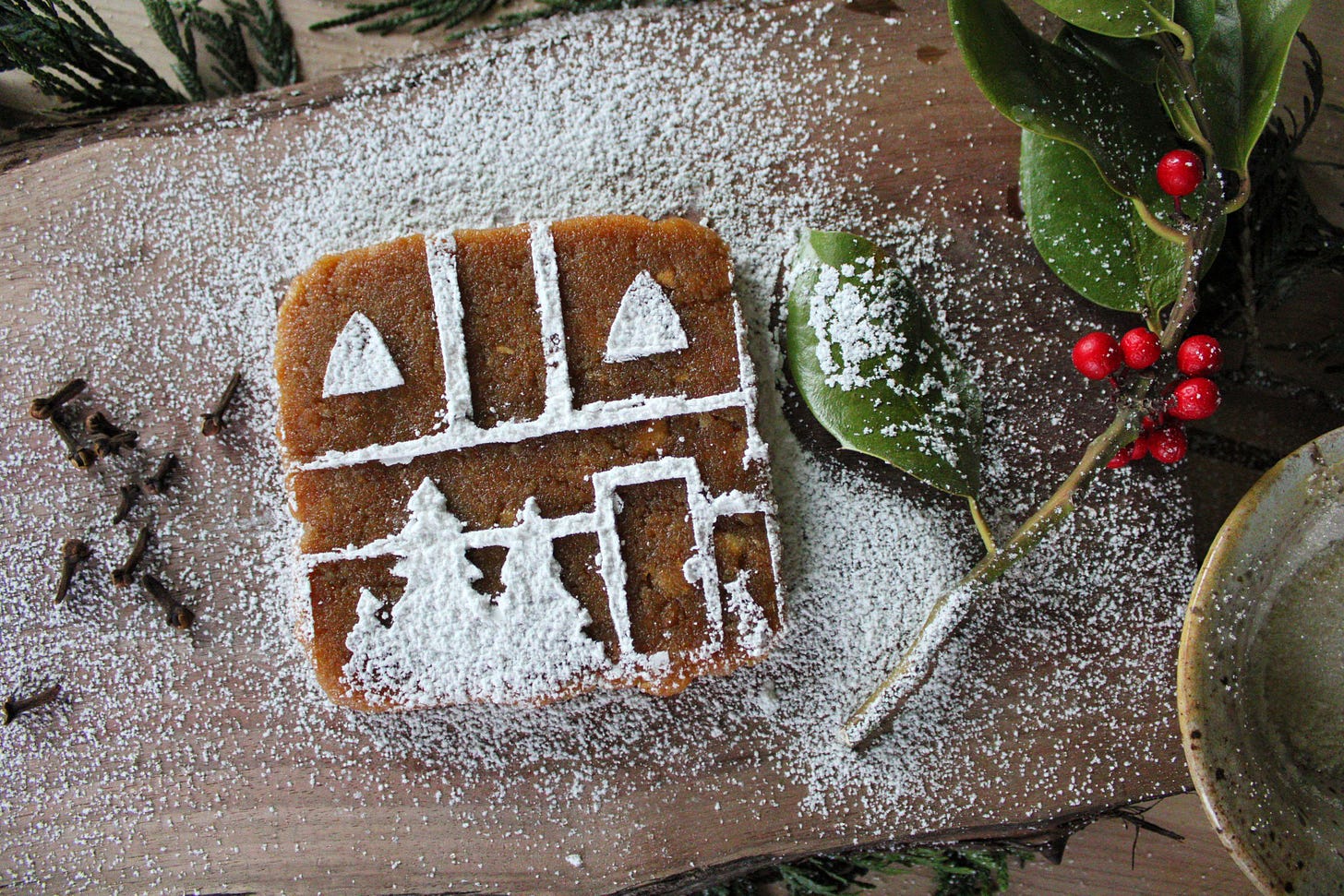
Let’s imagine how we could go a-Thomasing in our community:
Did you make some Medieval Thomasmas gingerbread yet? Leave a bag of these no-bake gingerbread balls on the porch of a neighbor or friend who’s going through a tough time…sometimes a whimsical surprise can be such a surprising delight.
I admit it: Medieval gingerbread is just not the taste most folks are going to be gravitating toward! Embrace the Thomasmas tradition of breadbaking, then: bake & drop off loaves of Christmas bread with neighbors, and/or donate bread and flour to your food bank. Buy some bread from your local small baker, supporting both their bakery, and the folks to whom you’re donating.
Look into the needs of your local women’s shelters & relief services for children/teens. I can almost guarantee that there’s a shocking number of women & children in your area that are in need of help, as there are here - though these communities in need are not always visible. Shelters, action groups for homeless teenagers, pregnancy support, advocacy for single moms, senior care, drug/alcohol addiction help - there are so many areas where aid is needed. (When I learned more about our valley’s homeless teen support channels, I was absolutely shocked by how many teens are living on the street or in cars in our valley…especially since I never see them).
Are there support groups in your community for victims of domestic violence? Look for ways to plug in and offer holiday support to them. These women are in desperate need of community support, when their own immediate family structure has become unsafe.
There are many charities that help provide Christmas meals, trees, lights, and more for families who can’t afford to deck their halls or set their table with a Christmas feast - amidst your own decorating & cooking, see how you can donate or contribute to making their homes as festive as possible, too.
The impoverished people of our neighborhoods and local towns are in more need than ever this time of year - and whether they even celebrate Christmas or not, we can help to ease the burden they’re carrying during this darkest, coldest time of the year by going a-Thomasing…bearing the light of Christ, through the vehicles of bread and warmth, to them as they journey through the end of Advent and toward the celebration of Christmas.
By the way - the list above is aspirational, not a lecture…it’s me thinking out loud, wondering how I can stretch myself out of my self-focused Advent experience and into an Advent that supports the Christmas preparations and needs of my neighbors, too.
Thomastide Benediction
“The God of All Roads” - a Benediction for Thomasmas
byMay the God of All Roads guide us as we travel the wild and winding paths of life, bringing generous measures of His grace to those whose nights are longest;
May the memory of holy Saint Thomas teach us to carry well our darkest doubts, heavy though they may be, and see them turned to nourishment, to balm, to salve for all of our scars.
Amen.
Friends, it’s been a joy to get to explore Thomasmas with you this Advent - thank you for sharing your time with me during this full season! Will you be folding Thomasmas into your Christmas preparations this year, as Advent begins to wane?
Wishing you & yours a beautiful end of Advent, and, if we don’t chat again before the 25th…a very Merry Christmas!
Pax vobis,
Kristin
If you’d like to make a one-time donation, I have a PayPal Tip Jar - please know that I’m so grateful for your monetary support, which really does help me continue to do this work that I’m so passionate about!
For those who are able to support a monthly or annual paid subscription, I offer occasional new printables, extra posts, and access to my whole library of printables: the Scriptorium. I’m so grateful for your generosity, which helps to support my work through the purchase of additional books for research, art supplies, and more!
For more reflections and perspectives on the liturgical year, please visit Signs + Seasons: a liturgical living guild!
Siloed living, often amidst projects of community interaction on social media platforms…if we don’t bear that community element into our actual lived community, we’re missing something essential. There’s an excellent piece by
called “The Friendship Problem,” and it’s an excellent take on the isolationist-style living of modern times. (Thank you for bringing it to my attention!)In “our agrarian past,” urban living was part and parcel with this inter-dependence; whether people lived in the city or the country, they were more reliant upon each other for survival, and urban centers were more reliant upon rural food production.
…but here’s a shout-out to our friends in the Southern Hemisphere, who are experiencing a very different seasonal phenomenon at this time! Whether cold & dark or hot & bright, both of these seasonal extremes bring dangers that our ancestors would have felt keenly, and which still bear danger to us now.
The modern reprint of Chambers’ book of days is incredibly truncated! Fortunately, there’s an online resource: https://www.thebookofdays.com/months/dec/21.htm


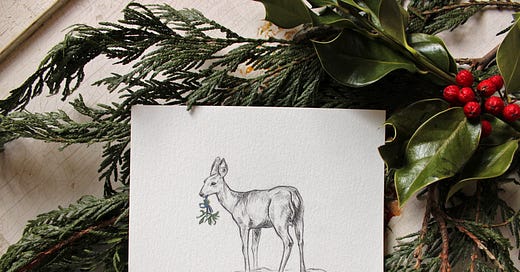



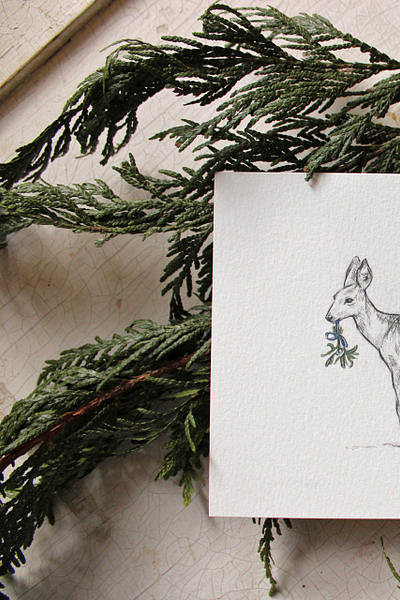


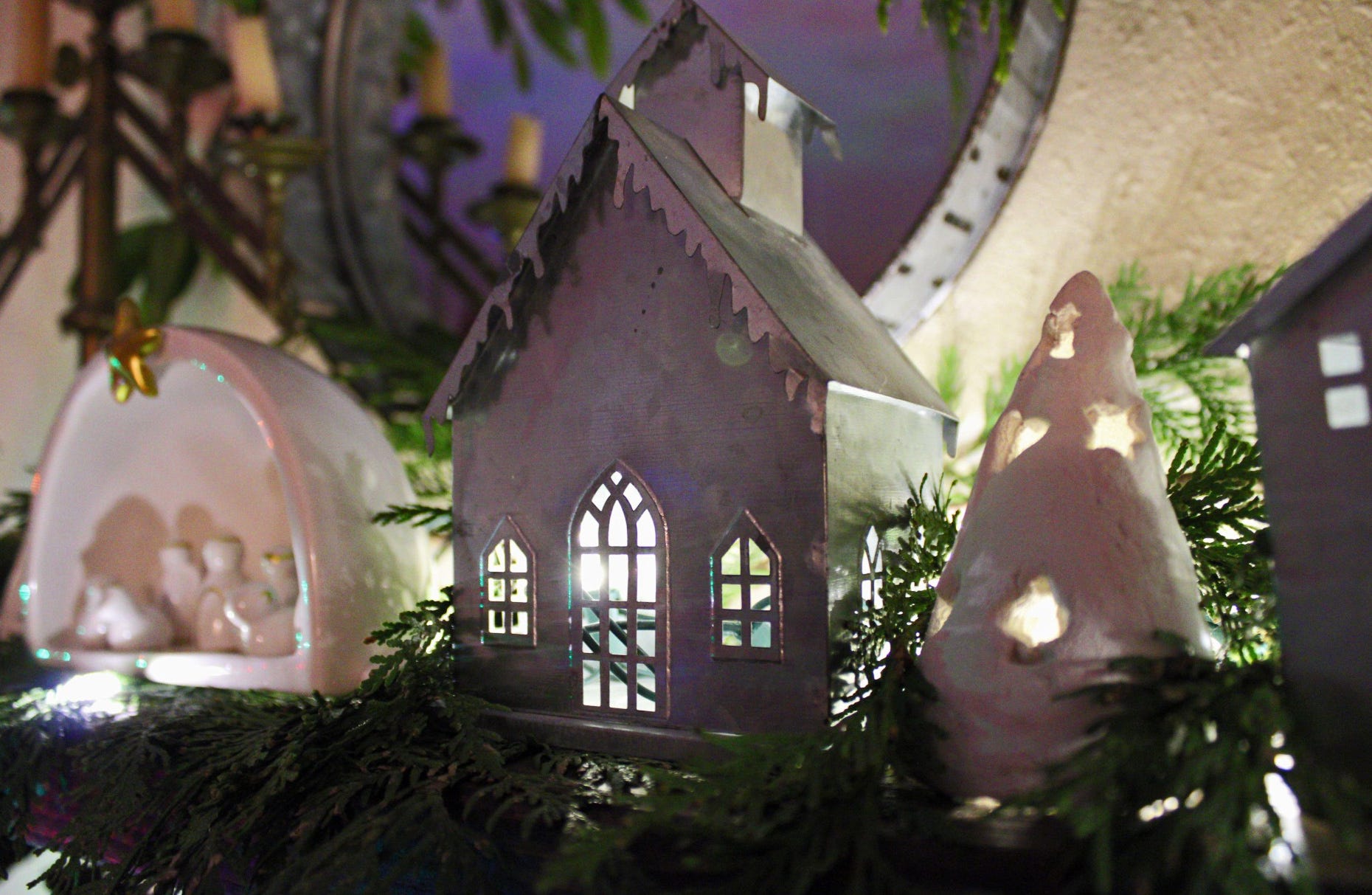
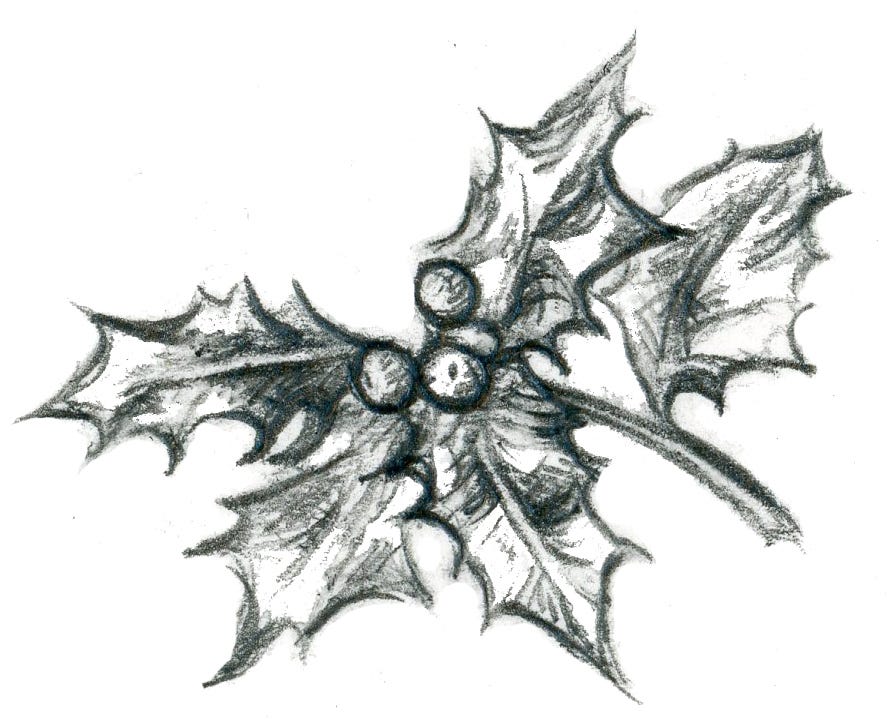
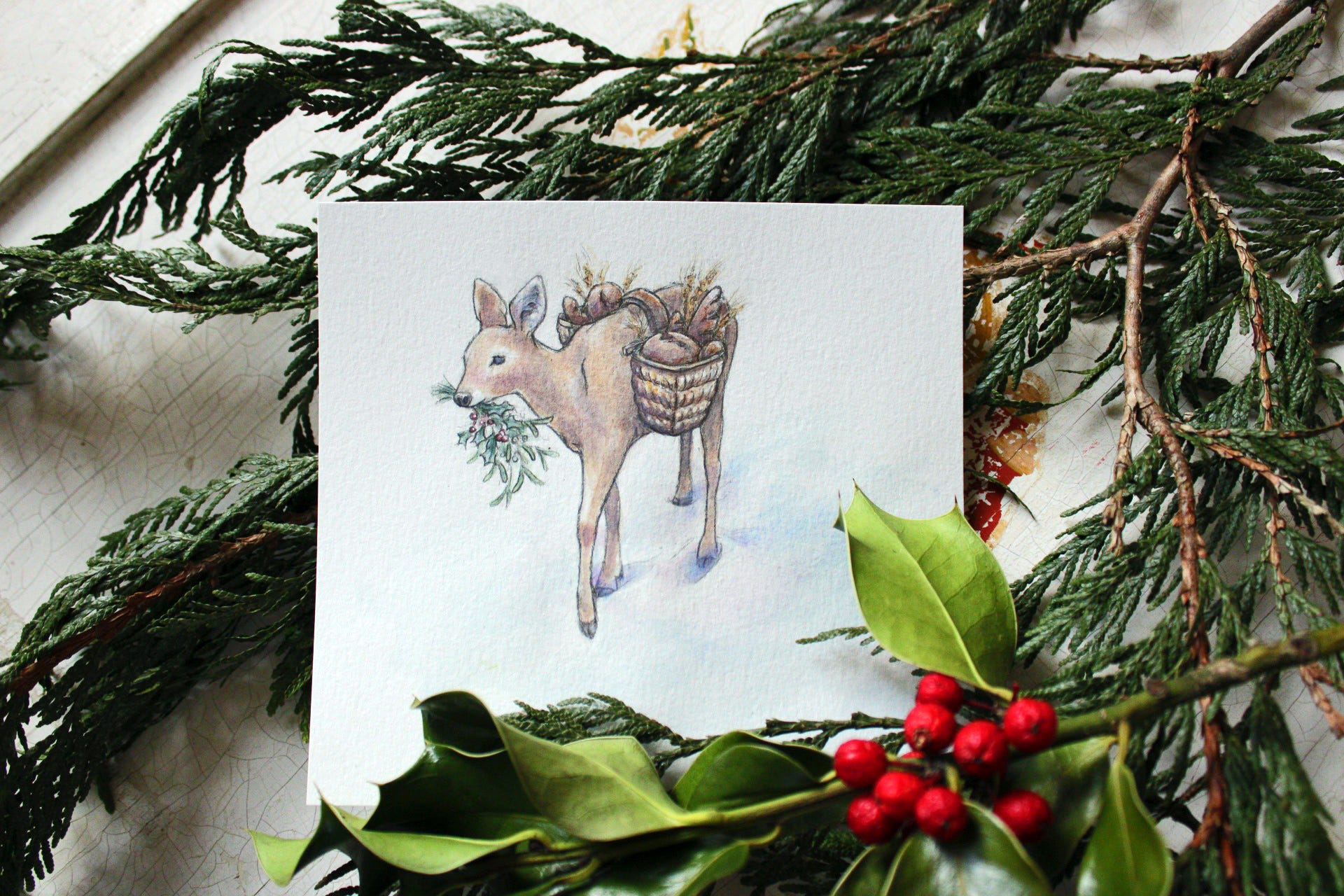
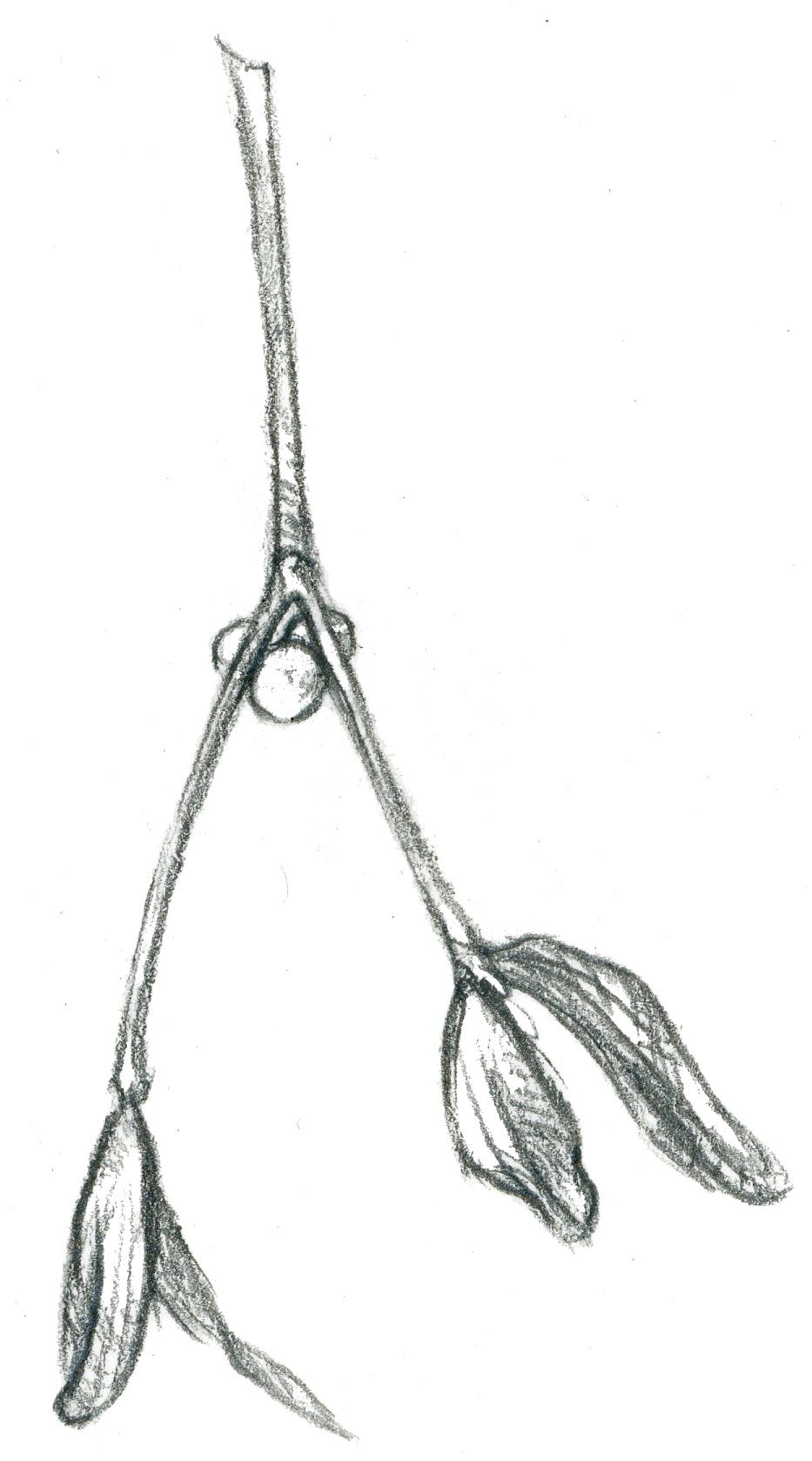
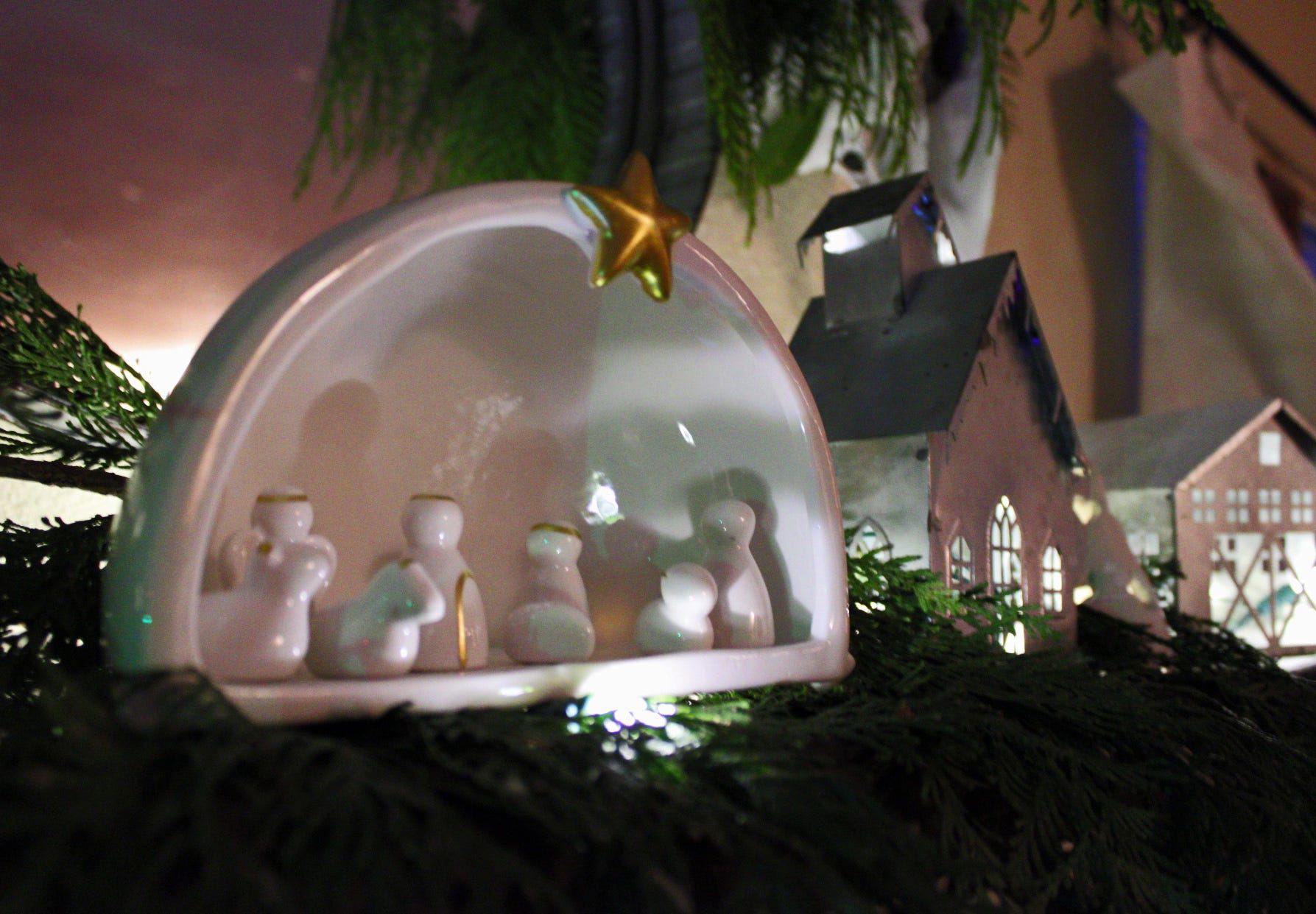
This idea of “Thomasing” reminds me of the movie `Pollyanna’ when they filled up baskets of yummy homemade goods & delivered to their elderly neighbors. I still wonder what calves foot jelly tastes like. 😁
This is really lovely! I will think of ways I can go 'a-Thomasing' in the dark days of our Southern Hemisphere winter in June/July. The Catholic and Anglican churches in my community are joining together today to pack and deliver Christmas hampers to those in need in our community and the whole community has been leaving food for this effort at the local grocery store for the last month. Even the large chains in the bigger cities run their own hamper drives. It's such an easy and practical way to help. Thomasmas is a worthwhile tradition to revive.